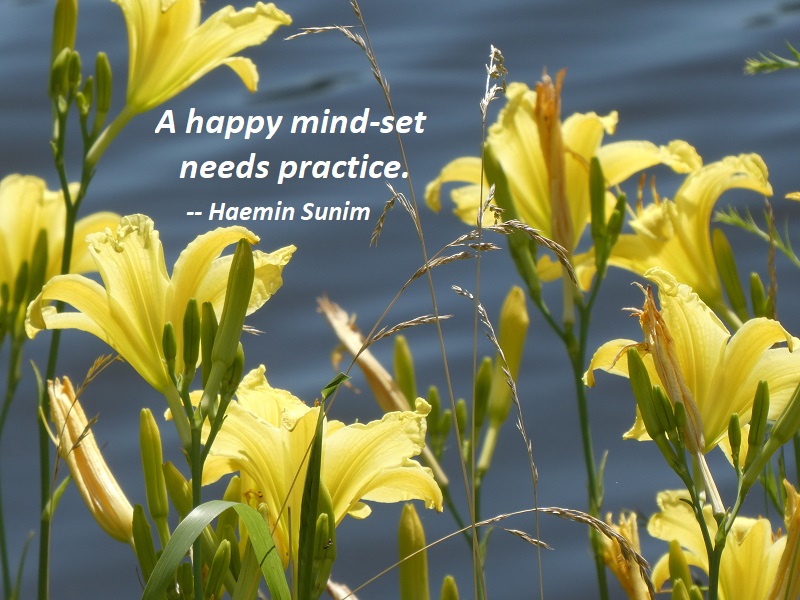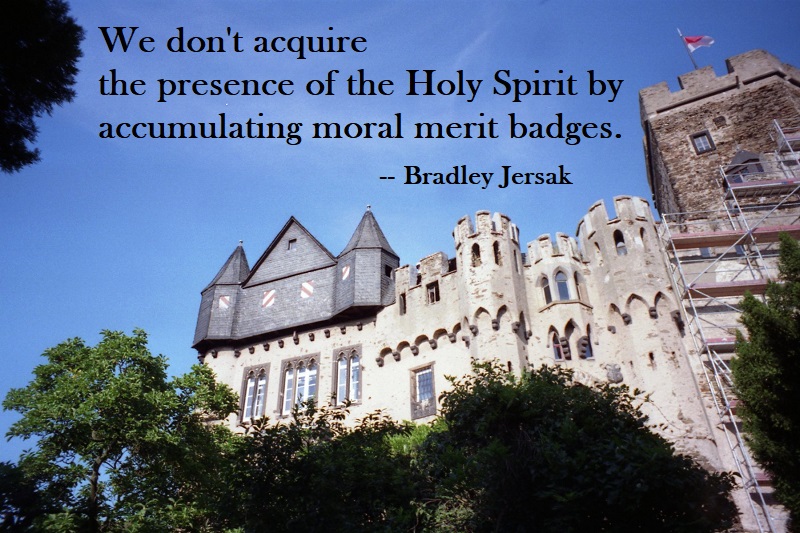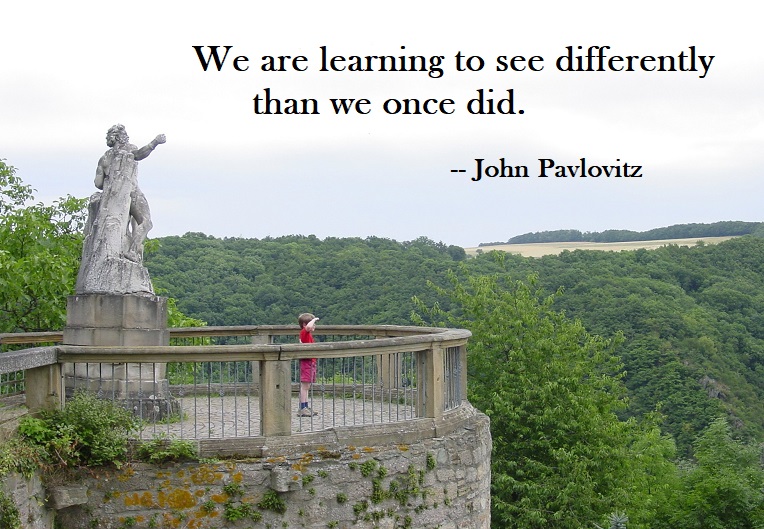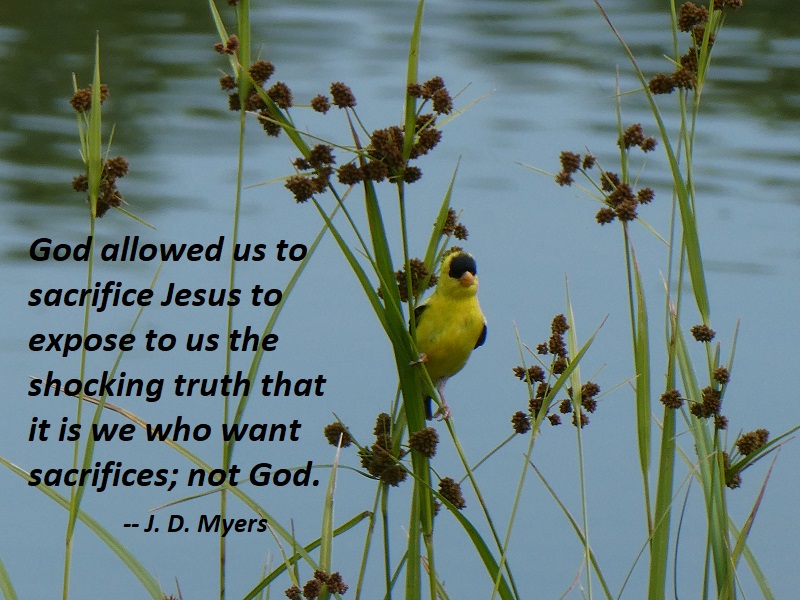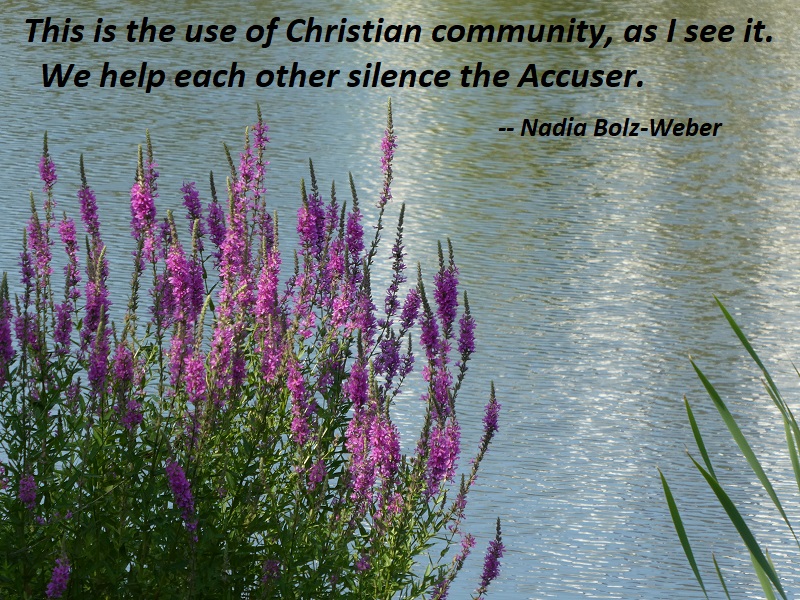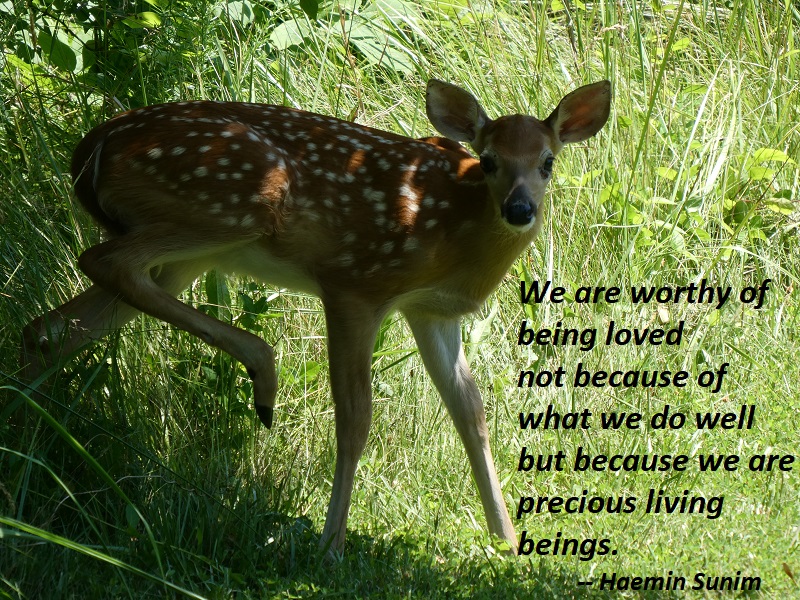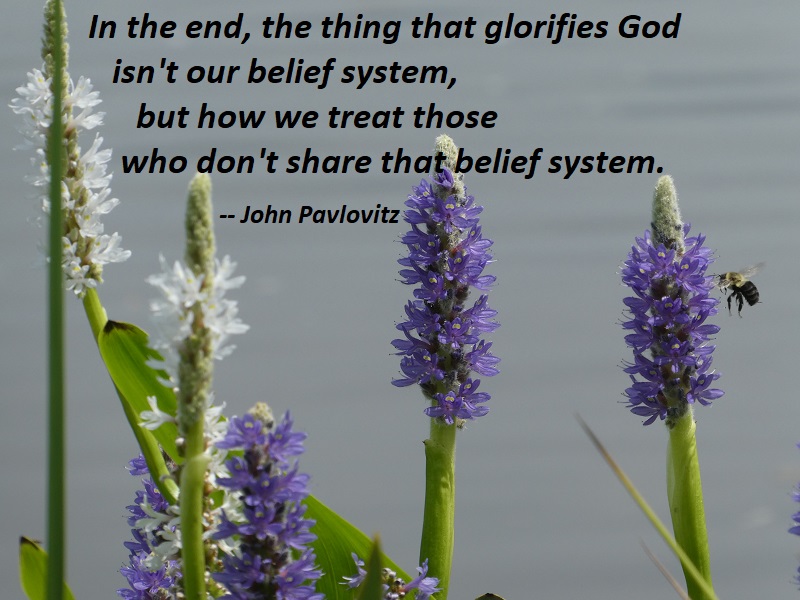Our Actual, Non-Ideal Selves
Christians should help one another to silence the voice that accuses. To celebrate a repentance — a snapping out of it, a thinking of new thoughts — which leads to possibilities we never considered. To love one another as God loves us. To love ourselves as God loves us. To remind each other of the true voice of God. And there’s only one way to do this: by being unapologetically and humbly ourselves. By not pretending. By being genuine. Real. Our actual, non-ideal selves.
— Nadia Bolz-Weber, Shameless, p. 183
Photo: near Skyline Drive, Virginia, August 6, 2009


